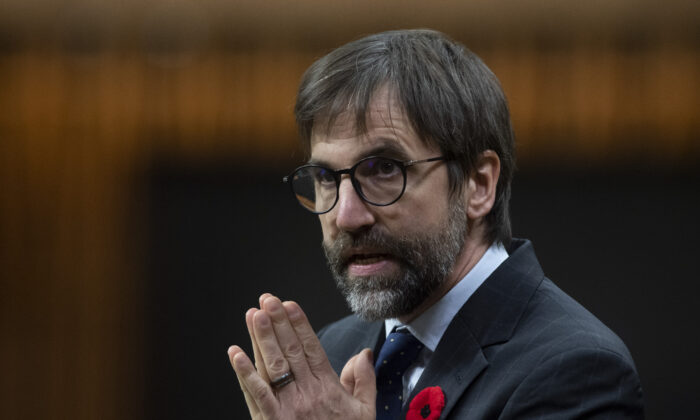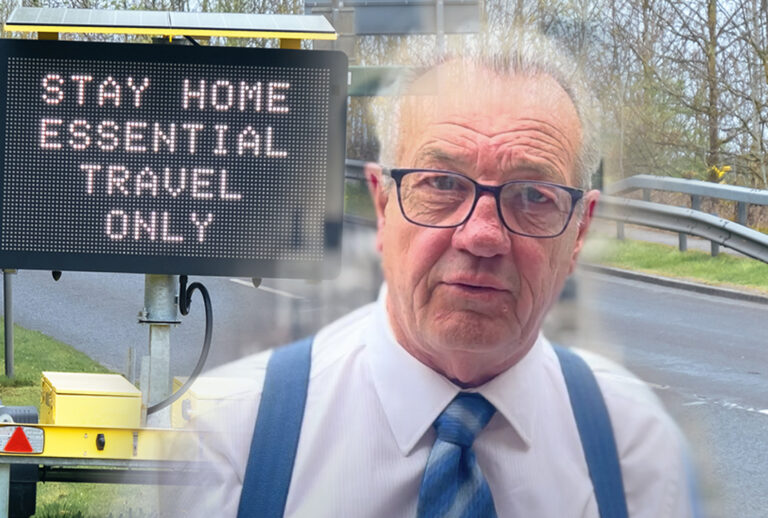With Bill C-10, the federal government seeks to regulate video content on YouTube and other social media, the same way it regulates national broadcasting. “Canadians who upload videos to the internet could find that their content falls under the watchful eye of the federal government after proposed changes to Canada’s broadcasting law were modified at the eleventh hour last week,” says an April 26 Toronto Star article.
If C-10 passes into law, the content Canadians upload to social media, whether a funny cat video or serious political commentary about Covid and lockdowns, will be subject to government regulation.
According to Tamir Israel, a technology lawyer at the University of Ottawa, this “could pave the way for future governments to make regulations around user-generated content on the internet, even if the current Liberal government has no intention of doing so,” the Toronto Star wrote.
“This is a poorly designed and not very carefully thought out attempt to pass a law that was initially focused on protecting Canadian content and is now potentially going to be an open-ended censorship regime for the internet,” with “wide potential for misuse in the future because of that,” the article quoted Israel as saying.
The supposed aim of Bill C-10 is to strengthen the Canadian content system by ensuring the Canadian Radio-television and Telecommunications Commission (CRTC) can force online streamers like Netflix to make financial contributions as well as make a certain amount of Canadian movies and TV shows available to viewers. However, on April 23, the government removed the section of this bill that would have exempted social media content from regulation. This means user-generated video content on platforms like YouTube can be regulated by the CRTC, though individual users themselves won’t be subject to regulation.
“Like many, we were surprised to see the Heritage Committee extend Bill C-10 to include social media and user-upload services and apps. This potentially extends CRTC regulation to all audio and audiovisual content on the internet, which has profound implications for not just social media, but virtually all websites, podcasting, online hosting, and much more,” a Google spokesperson said in an emailed statement to the National Post, according to the newspaper in an April 27 article.
“We remain concerned about the unintended consequences, particularly with regards to the potential effects on Canadians’ expressive rights,” added the spokesperson from Google, which owns YouTube.
Even if individual Canadians don’t have to report to the CRTC, the fact that government would have control over content posted by Canadians still undermines our freedom of expression.
“Granting a government agency authority over legal user-generated content—particularly when backed up by the government’s musings about taking down websites—doesn’t just infringe on free expression, it constitutes a full-blown assault upon it and, through it, the foundations of democracy,” stated Peter Menzies, a former CRTC commissioner, in an April 26 Postmedia article.
According to that article, Menzies said that even if the CRTC, despite its new powers, decides against implementing any regulations covering user-generated content, it is still problematic that the law would now enable the regulator to do so. “They would still hold the hammer of legislative power over everyone’s head, and that would intimidate free expression. Even without conditions, people would still be speaking with the CRTC’s permission,” Menzies said, as reported by Postmedia.
In the same article, University of Ottawa law professor Michael Geist stated, “In a free, democratic society, we don’t subject basic speech to regulation in this way.” He added that “the idea that a broadcast regulator has any role to play in basic speech is, I think, anathema to a free and democratic society where freedom of expression is viewed as one of the foundational freedoms.”
The bill is spearheaded by Heritage Minister Steven Guilbeault, who has previously suggested that all media in Canada should be required to obtain a government licence. The Heritage department, in a Dec. 10 briefing note, said it must “protect Canadians online” by censoring internet posts “that target communities, put people’s safety at risk, and undermine Canada’s social cohesion or democracy.”
Guilbeault has said, in addition, that regulations should also target “hateful online content” against public officials and “the damaging effects of [this] harmful content” that diminishes public institutions as well, wrote Blacklock’s Reporter in an April 9 article on the minister’s remarks in a podcast.
Governments never take away our rights and freedoms without providing a good-sounding reason. As former British prime minister William Pitt the Younger so famously said, “Necessity is the plea for every infringement of human freedom. It is the argument of tyrants; it is the creed of slaves.”
Pretexts for violating human rights include fighting terrorism, protecting public safety and public health, combating communism, thwarting the evil enemy country that wants to attack us, and realizing so-called utopian ideals like Germany’s lebensraum, the Stalinist workers’ paradise, and various kinds of theocracies. Currently, health and safety are the pretext for imposing pandemic measures that violate the freedoms of conscience, religion, association, and peaceful assembly, along with the Charter right to leave and re-enter Canada freely.
In this context, Guilbeault is no different from the authoritarians in other countries today, or from those who ruled in the past. He promises to “protect” Canadians by removing our right to think for ourselves and to make our own choices about what is or is not “hateful,” “harmful,” and “damaging.” This is tyranny, not protection. Social cohesion should not be defined as everyone having the same opinions as the minister does, or as everyone thinking alike.
Minister Guilbeault’s aim to stop “the damaging effects of harmful content” that ridicules politicians or diminishes public institutions is particularly frightening. Democracy depends on vigorous public debate to hold politicians accountable and to improve existing laws. Parliament, the civil service, the police, universities, and other public institutions are not diminished by criticism; they depend on it.
The passage of Bill C-10 in its current form would be a further step toward a totalitarian nightmare, where naïve and gullible citizens are “protected” by a government that treats them like cattle to be managed, rather than as human beings whose dignity and freedom are to be respected.
John Carpay, The Epoch Times








